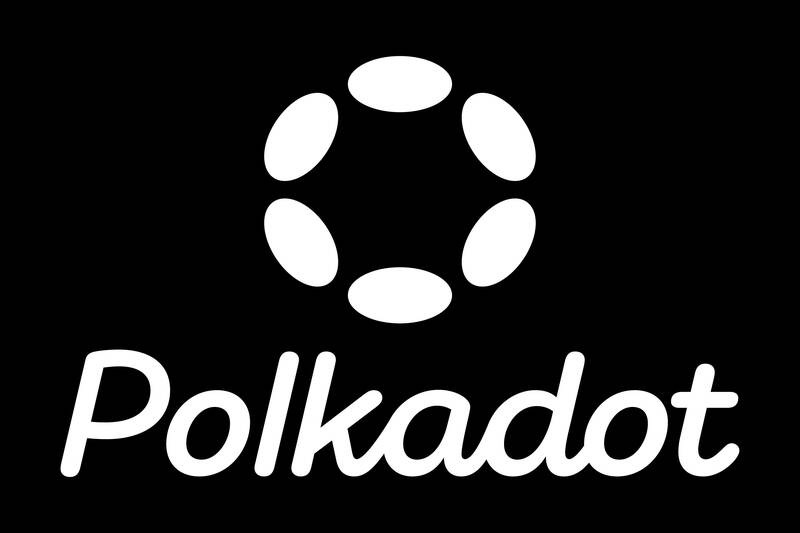Domos FS is a Business Reporter client.
Digitalization can play an important role in the success of all alternative investments, whether private equity, infrastructure, real estate or funds of funds.
For anyone involved in finance and financial reporting, adopting a cutting-edge software solution is not just a technology upgrade but a strategic imperative. Seamless integration of such solutions unlocks efficiency, streamlines processes, and paves the way toward your goals.
This is more true than ever in alternative investments: according to market analysts, the market is expected to exceed $23 trillion by 2026. This means higher transaction volumes, a potential increase in complexity, and a shift in financial data requirements.
Another factor to keep in perspective is the need to mitigate today's inflationary and highly volatile economic climate. When proven investment products, such as traditional open-end liquid funds, come under pressure, investors look for alternatives. Institutional investors, seeking to mitigate these external factors, are increasingly turning to private assets to diversify their portfolios and improve their returns. However, these investors enter a market with their own customs and expectations: a large number of requests for timely and detailed reports, with breakdown options, for example. Data becomes the differentiator between success and failure. It's also what keeps finance people up at night, with the greatest pressure to process, analyze and report quickly under pressure.
Let us not forget the existing private investors, or the so-called retail investors, who are also progressively attracted by the promising potential of alternative funds, whose participation is constantly growing thanks to products such as the European Long-Term Investment Funds (ELTIF). Alternative investments have their own characteristics in terms of regulatory reporting, frequency and volumes.
In summary, the current attraction to private capital and the resulting democratization of such products means not only a changing investment landscape but also a substantial opportunity for expansion within the sector. But the opportunities also come with unique challenges for participants, such as general partners, fund managers or custodians.
Technology is key
The idea that data is key and that the ability to manipulate, slice and dice records is the unbreakable force that defines the success or failure of an organization is not new. But the technology requires careful consideration and a clear understanding of the operational changes involved before adoption. Handling unstructured data (emails, PDF documents, spreadsheets, etc.), transitioning from manual to automated processes, and digitizing a large number of legal documents are integral aspects of navigating this intricate market. Furthermore, it is essential to ensure a real customer experience during the onboarding of new investors and provide a complete overview of the fund's performance, along with a risk and exposure analysis. All of these functions must be accessible in real time through unlimited and secure data access.
To avoid value chain disruptions and minimize friction, opting for a dedicated software-as-a-service (SaaS) platform for open technology-based alternatives could be the smartest course of action. This choice facilitates seamless upgrades and ensures the scalability of the implemented solution. In addition, it allows connection to third-party solutions through API, opening avenues for collaboration and innovation. From a business perspective, this connectivity gives funders the potential to launch new services, further improving their adaptability and competitiveness in this dynamic market.
Building true partnerships
However, the success of such a software platform goes beyond its installation. It requires a well-thought-out implementation strategy, tailored to the unique needs and complexities of the organization. Non-unique technology often expected in the alternatives market involves meticulous planning, collaborative efforts, and a clear vision to ensure a smooth transition from existing systems to the new solution. Technology providers, more than ever, must embody the role of change agents, experts at balancing the complex IT needs with their customers' business requirements. Delivering value becomes paramount at every stage, from initial software solution selection to helping customers gain confidence in using applications. Sustained, rapid and effective post-implementation support helps foster a culture of continued operational excellence.
Technology is designed to drive efficiency and provide the competitive advantage organizations require, but its true power unfolds in the genuine partnership between customer and software provider. The objective is to provide investment funds with cutting-edge technological capabilities for making informed and data-based decisions, but also to strengthen their resilience in a constantly evolving landscape. This collaboration presents great opportunities to improve risk-adjusted returns, the introduction of innovative products and even the prospect of reinventing traditional business models. The synergy between the client and the software provider becomes the catalyst to navigate and prosper in the dynamic alternative investment sector.
Domos FS is a fundtech specializing in the management of alternative investment funds (AIFs) covering private equity, real estate, infrastructure, debt and fund-of-funds assets. Its platform, Domos, helps support fundraising and investor relations, automates processes and operations, structures data, and simplifies fund reporting. The modular SaaS solution covers the entire operational value chain, from investor onboarding to portfolio monitoring, regulatory reporting, risk management, fund accounting and data analysis. For more information, visit domosfs.com.
By Mireille Wagner, Marketing and Communications Director, Domos FS









